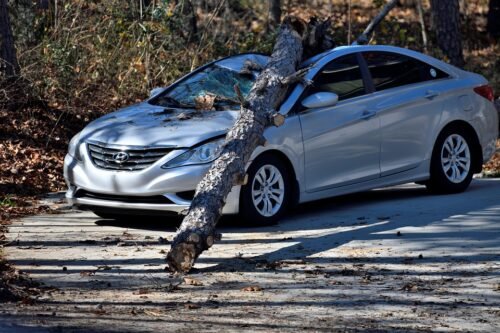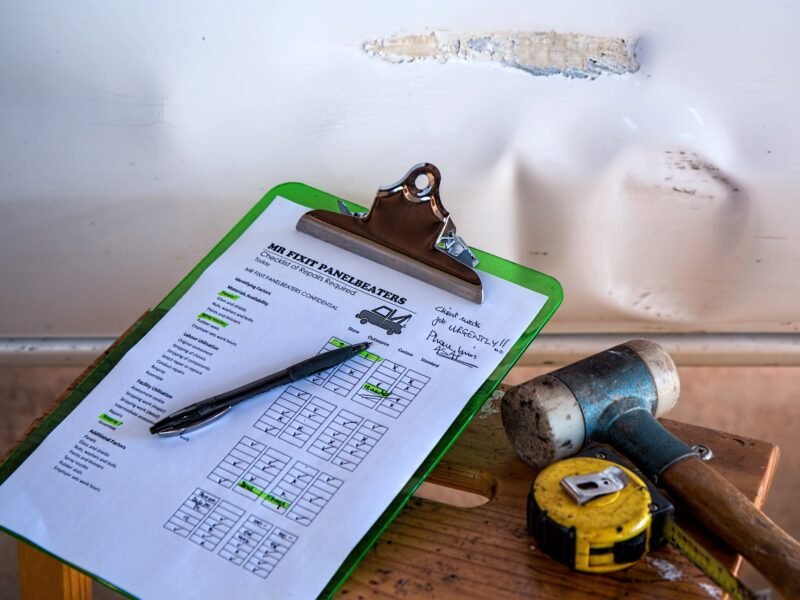A Complete Guide On How to Understand Car Insurance Quotes.
Car insurance quotes is very vital for every vehicle owner to help him protect against an accident, theft, and other accidents that can suddenly strike anytime. When it comes to getting the understanding of quotes from them, car insurances are extremely puzzling. A car insurance quote offers a price for your policy with regards to what has been presented to it. How it works, what factors affect car insurance quotes, and some tips on how to get the best rate-this guide will walk you through everything you need to know about car insurance quotes.
What is a Car Insurance Quote?
A car insurance quote refers to the personalized, estimated cost of the real policy, based on your information. It’s not a price, but rather what you may pay if you go ahead and buy insurance. Most quotes are provided by an insurance company once the customer has given basic information regarding themselves, their vehicle, and driving history. This quote will outline the coverage options and deductibles, along with the premiums associated with this policy.
Note that a quote is not a legal agreement, and the eventual price may be a little different after the insurer has checked your details and made a more complete assessment. Nevertheless, quotes are a great starting point for comparing a range of policies and finding the best deal.
How Car Insurance Quotes Are Calculated
Car insurance quotes are predicated on numerous factors that enable the insurance companies to assess the level of risk involved in underwriting you. These include:
-
Personal Information
– Age: Generally, young drivers, more so those below 25 years, have to pay more premiums due to their lack of experience in driving and greater chances of causing accidents.
– Gender: Some areas will use gender to determine rates, since statistics will indicate that men are more likely to be in accidents.
– Marital Status: Married individuals may have a lower rate because they are, per statistical standards, safer drivers.
-
Driving History
– A clean driving history without any event of accidents or traffic infringements will ensure reduced premiums.
– Drivers without experience and also those with history of accidents, DUIs, or speeding tickets are considered high-risk and will face higher quotes.
-
Vehicle Details
– Make and Model: Luxury cars, sports cars, and vehicles with high repair costs usually cost more to insure.
– Vehicle’s Age: Newer cars could be costlier as their value is higher, but they can receive discounts with the addition of advanced safety features.
– Usage: The frequency and distance driven may also determine your quote. Those people who use their cars to commute and drive over long distances may pay more in comparison with those who use their cars very sparingly.
-
Location
– Compared to rural areas, urban areas usually present instances of higher traffic congestion and rates of crime that would have the propensity to increase premium rates.
– Generally, those states with comparative negligence/no-fault insurance laws, or which possess high rates of uninsured motorists, may see a higher average premium.
-
Coverage Options
– The kind and extent of the coverage you select will go a long way in bringing about differences in your quotation. Liability-only coverage costs less than comprehensive or collision coverage.
– Higher deductibles lower the premium but raise the financial responsibility upon making a claim.
-
Credit Score
– In most states, credit scores are a factor in an insurer’s risk assessment. The better the credit score, the more likely one is to get lower premiums, as a good credit score is usually associated with financial responsibility.
-
Discounts
Most of the insurers offer discounts for things like bundling policies-e.g., home and auto insurance-having a clean driving record, installing safety features, or being a good student.
How to Have Car Insurance Quotes
Having car insurance quotes follows a direct process, but it involves some planning and preparations.
Here’s how to get started:
- Gather Necessary Information
Before requesting quotes, collect all the relevant information, including your driver’s license number, vehicle details, driving history, and current insurance policy (if applicable).
- Use Online Comparison Tools
You have plenty of websites that let you compare the quotes of several insurers all on one page. These can save time and show you where the best rates are.
- Insurance Agents
Speaking with an insurance agent firsthand can offer personal advice and make you aware of the nuances that separate various policies.
- Request Quotes from Several Insurers
Get quotes from at least three to five insurers for a competitive rate, because each uses its own formula in calculating premium prices, the results can be very different.
- Review the Quotes Carefully
Side-by-side coverage options, deductibles, and premiums are compared. Don’t compare prices alone; rather, the policy should be based on your needs.
How to Get the Best Car Insurance Quotes
- Keep a Clean Driving Record
One of the best ways to keep premiums low is by avoiding accidents and violations on the road.
- Improve Your Credit Score
Your credit score may improve, hence probably reducing your insurance cost, by paying bills on time and reducing your debt.
- Choose the Right Vehicle
If you’re buying a new vehicle, incorporate how much this new vehicle will change your insurance rates in the calculus of what it is costing to own that car. The safer, lower-cost car will be cheaper to insure.
- Bundle Policies
Most carriers offer a discount if you purchase multiple policies–such as home and auto insurance–from the same company.
- Ask About Discounts
Ask about discounts you may be eligible for: for being a safe driver, having good grades, or installing anti-theft devices.
- Adjust Your Coverage
If you drive an older vehicle, you may want to drop collision or comprehensive coverage to save money.
- Increase Your Deductive
A higher deductible will cut your premium, but you must be able to pay the excess when claiming.
8. Shop Around Regularly
Insurance rates can change significantly, so it makes sense to shop around every year or two to make sure you’re getting the best deal.
Common Mistakes to Avoid When Getting Quotes
- Providing Inaccurate Information
Misrepresenting your driving history or other details can lead to higher premiums or even policy cancellation.
- Focusing Only on Price
While affordability is important, the cheapest policy may not provide adequate coverage. Make sure the policy meets your needs.
- Overlooking Discounts
Failing to ask about discounts can result in missed opportunities to save money.
- Not Comparing Enough Quotes
Getting quotes from only one or two insurers may mean you’re missing out on better deals.
Conclusion
Car insurance quotes are a very important instrument for finding proper coverage at the best affordable price. It’s worth noting that learning how quotes are calculated and improving insurability can be the two major steps toward saving money while being protected. Remember that multiple quotes have to be compared, options of coverage reviewed with due care, and questions about available discounts asked to get the value for your money. With the right approach, you can navigate the car insurance landscape with confidence and peace of mind.







1 comment
Thanks for the information. Very helpful